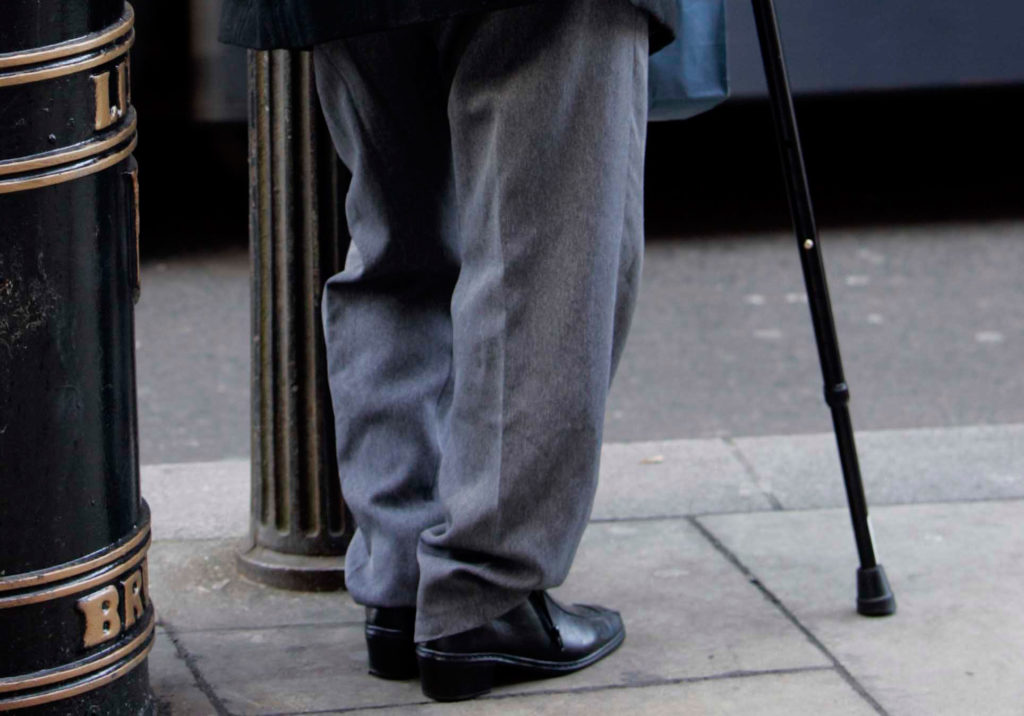The male menopause - or 'manopause' - is a very real condition and men should be talking about it, a gynaecologist has said.
From around the age of 40, men start to lose about 1% of their testosterone per year which can lead to a loss of sex drive, erectile dysfunction and other physical and emotional symptoms.
Some men develop depression, mood swings and difficulty sleeping.
aNuMe medical clinic Director Professor Barry O'Reilly told Newstalk Breakfast there are both seen and unseen symptoms.
"Things like weight gain, increase in abdominal fat, general emotional things like tiredness, lethargy, poor sleep, obvious things like reduced bone density, muscle mass," he said.
"I guess we all see hair loss, depression, anxiety, lack in confidence, and of course the sexual problems of reduced libido.
"So, there's a whole range of different symptoms that men can suffer from".
'More difficult to define'
Prof O'Reilly said awareness in Ireland is quite low.
"I certainly became more aware of it from going to meetings in the States, so obviously, in the States, they seem to be 15 years ahead of us in acknowledging things like this," he said.
"There's a medical condition called the andropause, so I guess tongue-in-cheek it was referred to as the manopause.
"I guess where women have an objective loss of periods defining menopause men don't have that.
"It's more an insidious reduction in testosterone levels as one ages, so it's more difficult to define and maybe a bit less acknowledged".
 An older person waits for a bus in Dublin. Image: Mark Stedman/RollingNews.ie
An older person waits for a bus in Dublin. Image: Mark Stedman/RollingNews.ieProf O'Reilly said men in Ireland seem to just put up with it.
"Certainly, a big thing in the UK was when Robbie Williams stepped forward to acknowledge his andropause and the symptoms he was getting," he said.
"In Ireland I think we're a more stoic society; maybe we just put up with things?
"Men here just go to the pub and they certainly don't talk about that type of thing.
"They're more inclined to talk about sports and whatever but less likely to talk about anxiety and depression."
'Physiological issue we can address'
Prof O'Reilly said there can be other external factors, such as retirement and a changing family dynamic.
"There's definitely opportunities where testosterone can be replaced and these physiological symptoms can be improved upon," he said.
"There's a lot of external factors but there's a definite physiological issue that we can address.
"For women, the reintroduction of HRT because of the lost generation, if you like, because of the scares of breast cancer, that introduction a couple of years ago was really important and it's really changed women's lives from 50+".
Prof O'Reilly added that he would like to see the issue of testosterone deficiency talked about as part of a wider approach.









